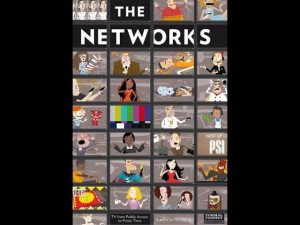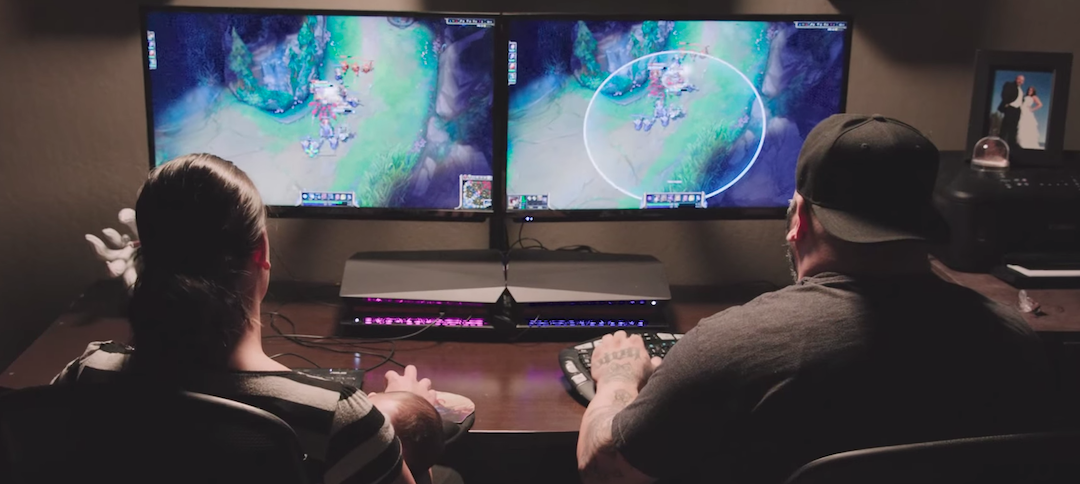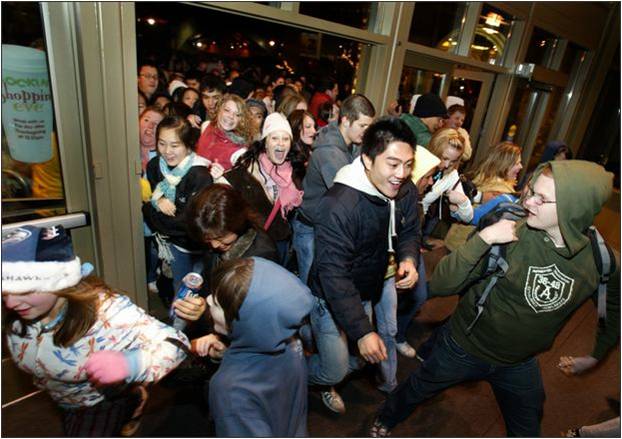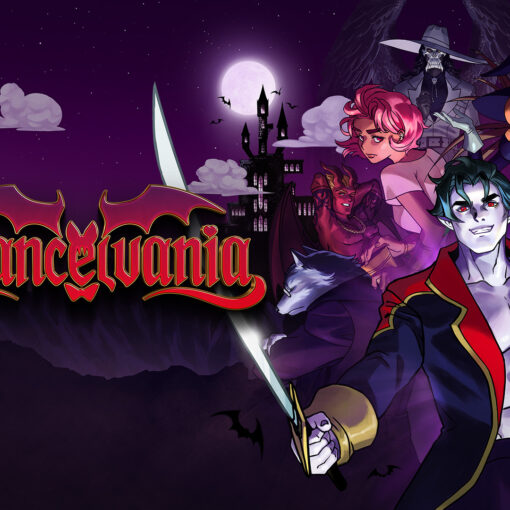As I’ve talked about before, I’m currently on a board game kick. Of course, considering the 20% per year growth projected over the next ten years, I’m certainly not the only one on a board game kick. Will board games ever surpass video games in popularity and sales? I’m not sure. But as video games get more toxic, as they become more predictable, it’s easy to see why board games are exploding.
While we have talked about thousands of video games on the blog, we don’t frequently talk about board games, and if we do, it’s usually about the experience around the game instead of the game itself. Well, I am on a mission to fix that.
When talking about video games, it’s easy to immediately see their impact on culture as well as the way culture has influenced them. This is in part due to games’ popularity and presence in the media, but also due to their reliance on the visual depiction of people and culture. Video games are a fast moving, aggression-creating, action-filled experience. The visuals of games are often laden with sexual imagery, like the reliance of horror films on the trope of murdering half-dressed women in compromising ways and positions.
Board games don’t have this same history and foundation. Looking at the board games in my ever-growing collection, the boxes usually don’t depict people and if they do, the people are appropriately clothed for the era of the board game narrative. The game Ticket to Ride, for example, depicts men and women in 1920s garb. There is nothing sexual or violent about it. The game Imhotep, rather than relying on some cartoonish offensive depiction of someone from Egyptian culture, depicts pyramids obelisks instead. My new favorite game, which I’ll talk about below, The Networks, offers up an incredibly diverse group of pictures, assuredly attempting to depict the diversity on TV.
Will there ever be a board game that tasks the player with raping someone? There have been many video games that have done this. Will there ever be a board game that asks you to play a female protagonist that fends off rapists as a way to “build character?” This is an incredibly common way to depict women in video games and in other entertainment media. So, if our video games and other media are generally awful, why aren’t board games awful?
 Part of the reason has to be the reliance on face-to-face play. The keyboard warriors, emboldened by anonymity and ego, likely do not act the way they do online in any face-to-face situation, at least they won’t if they want anyone to play with them again. Part of this also may be because of the slowness of the medium. Board games take a lot of investment: you need to learn the rules (which can take hours and hours), you need to get people together to play, you have to provide people with food and drinks, the first play through is often slow and just for practice, and so on. Players need to be invested in the game and the play, which makes it less likely someone will spoil the game. Also, there is less of a reliance on the visual depiction in board games, and visuals need to be very carefully constructed, because there is no DLC or updates to de-objectify or diversify or change the images. Then again, Cards Against Humanities is about as awful as a game can get, video or board, and people absolutely love it. So there may be something to be said for still allowing players to have that dark side to show through.
Part of the reason has to be the reliance on face-to-face play. The keyboard warriors, emboldened by anonymity and ego, likely do not act the way they do online in any face-to-face situation, at least they won’t if they want anyone to play with them again. Part of this also may be because of the slowness of the medium. Board games take a lot of investment: you need to learn the rules (which can take hours and hours), you need to get people together to play, you have to provide people with food and drinks, the first play through is often slow and just for practice, and so on. Players need to be invested in the game and the play, which makes it less likely someone will spoil the game. Also, there is less of a reliance on the visual depiction in board games, and visuals need to be very carefully constructed, because there is no DLC or updates to de-objectify or diversify or change the images. Then again, Cards Against Humanities is about as awful as a game can get, video or board, and people absolutely love it. So there may be something to be said for still allowing players to have that dark side to show through.
It is interesting that as our technology gets better, many people seem to be retreated away to a decidedly non-technological form of entertainment. I don’t know if this is a trend, a fluke, or if there is some kind of causality at work here. One game that embodies this convergence culture is The Networks. The Networks is from Formal Ferret games, and in it you play a television executive trying to make it big. You start out in charge of the evening line up for a public access network, and you attempt to grow by hiring stars, getting big advertising campaigns, and getting more viewers.
What I find so interesting about this game is just how rich of an ironic reflection this game gives us about the values of television. The shows, such as “Very Charismatic Explosions,” are witty and clever and biting. The stars, such as Cheeky Friend, are equally as biting in their critique of Hollywood stardom. The advertisements take the cake, however, as they are absolutely hilarious, such as Clem’s Clearance Firearms and The Potatonator. The gameplay is solid, and what’s best, you can play a solo PvE game.
I hope more indie developers and creators are able to make and distribute well-made, thoughtful games like The Networks. I also hope video games can learn from the explosion of interest in board games and start moving away from the innovation-killing idea that gamers want sexy women, violence, and played-out tropes.




